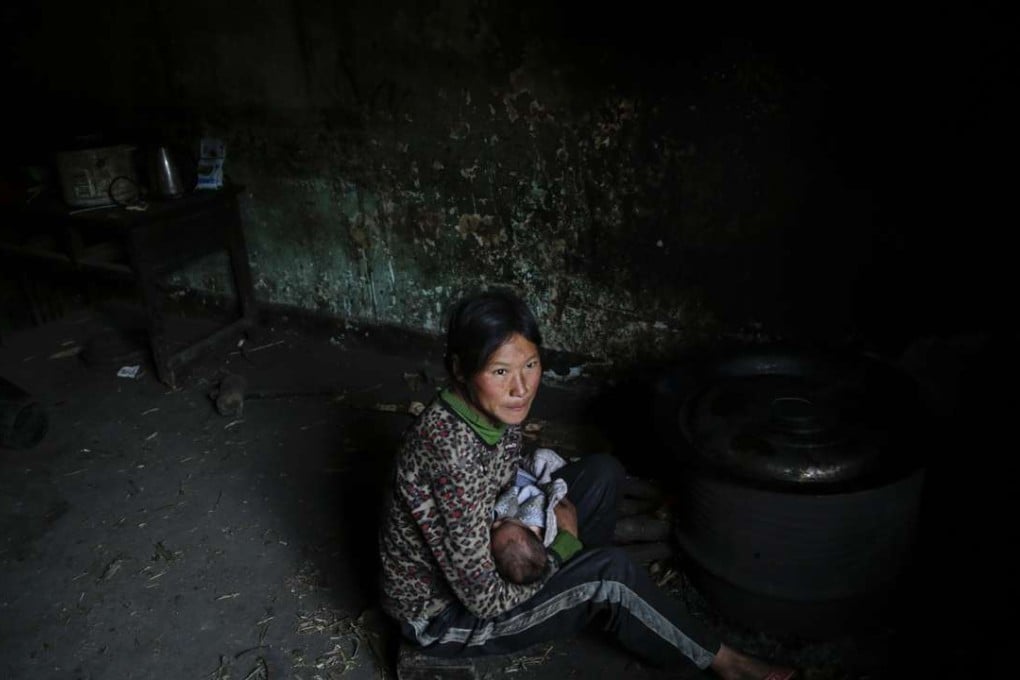China’s one-child policy to haunt families caring for elderly for decades, study finds
People in their 60s have fewer children to rely on for help as they age, according to Peking University research

The Chinese mainland’s traditional reliance on family members to care for the elderly is expected to be tested as the demographic effects of the one-child policy grow more pronounced, a survey has found.
The average number of surviving children for people in their 60s has declined to 2.5, while those in their 80s have more than four children on average, the China health and retirement longitudinal study by Peking University found.
It surveyed more than 20,000 residents aged 45 years or above from 150 counties across the country in 2011, 2013 and 2015.
Nearly half of the elderly live independently without help from their children, it found. While more than half had children in the same neighbourhood, county or city, the distance between the homes is rising.
Policymakers need to come up with measures to encourage the market to play a bigger role [in[ providing elderly care
“Those who are in their 80s now still have three to four children and can rely on their children for care, but what didn’t appear in the 2011 survey but appeared in the survey in 2015 was that those who are in their 60s now will find it difficult to rely solely on family for care [in their later years],” said Zhao Yaohui, a professor with the university’s National School of Development.